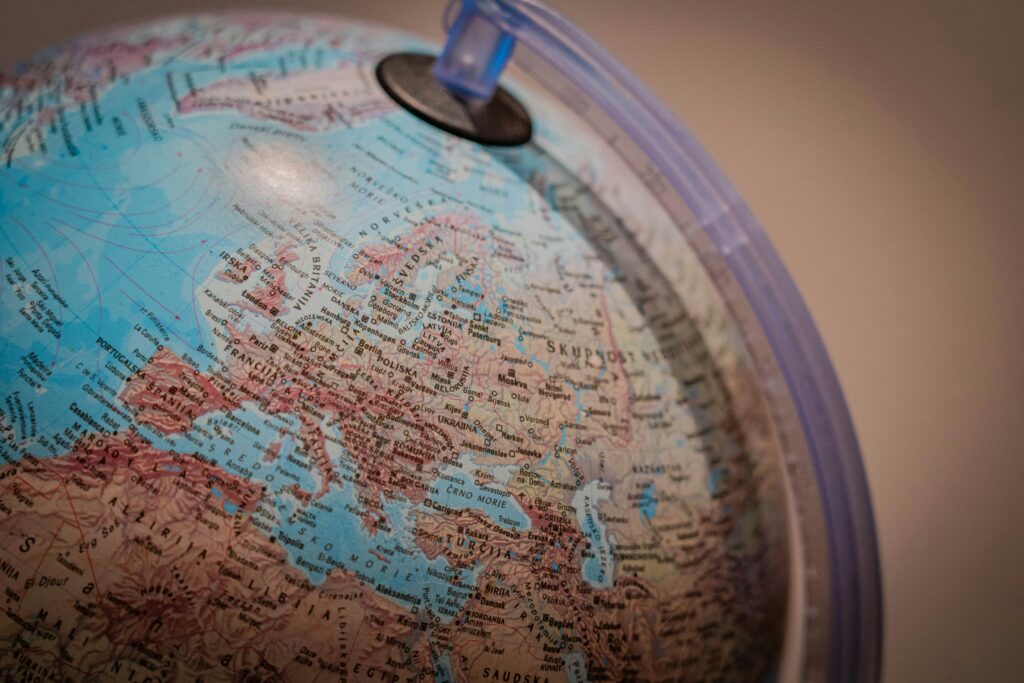Geography
Cambridge International’s Lower School Geography offers a dynamic online platform for secondary school students, designed to spark curiosity about the world and its diverse features. Our Key Stage 3 curriculum covers a wide range of topics, including different cultures, natural resources, and environmental challenges.
Through our comprehensive online geography lessons, students gain a deep understanding of both the physical and human processes shaping our planet.
Our continuous assessment process is integrated into live-taught lessons, where experienced educators evaluate student progress in real time.
This approach includes the marking of coursework, assignments, and summative tests, ensuring that our online geography classes for Key Stage 3 students consistently meet high academic standards.
Homework is a key component of our teaching strategy, assigned at the end of each week to reinforce key geographical concepts.
These tasks often involve researching specific topics, taking quizzes to recap previous lessons, and completing coursework, all designed to deepen students’ understanding and engagement with the subject.
Parents have 24/7 access to their child’s academic records, including coursework, grades, and teacher feedback, providing full transparency into their child’s progress. Additionally, parents can schedule consultations with teachers at convenient times to discuss performance, address any concerns, or celebrate achievements.
By choosing Cambridge International’s Lower School Geography, you are providing your child with a top-tier, comprehensive online education in secondary school geography.

In KS3 Geography, students will expand their global knowledge and enhance their spatial awareness by exploring environmental regions, countries, and major cities worldwide. They’ll gain insights into geographical similarities, differences, and connections between places by studying both human and physical geography across various regions. Students will also learn how human and physical processes interact to shape landscapes, environments, and climates, and understand the crucial role natural systems play in supporting human activity.
Key topics in Physical Geography:
- Why should we be interested in Antarctica?
- Weather and climate
- Hydrology and coasts
- Tectonic hazards: plate tectonics, volcanoes and earthquakes
Key topics in Human Geography:
- Urbanisation: past, present, future
- Why is tourism interesting for geographers?
- Population: can Earth cope with any more people?
- Industry: international development; economic activity in the primary, secondary, tertiary and quaternary sectors; environmental impact and sustainable development
- Energy efficiency: use of natural resources and renewable energy
Geographical skills:
- Students will build on their knowledge of globes, maps and atlases and apply and develop this knowledge routinely in the classroom
- Students will interpret maps using grid references and scale, topographical and other thematic mapping, and aerial and satellite photographs
- Students will analyse and draw conclusions from geographical data, using multiple sources of increasingly complex information
Reading list/set texts to be decided.
Course Details
- Independent Curriculum informed by the best of Cambridge and English National Curriculum
- Duration: 3 years (Ages 11-13)
- Delivery Method: LIVE online classes
- Start Date: September-July (Rolling enrolment throughout the year)
